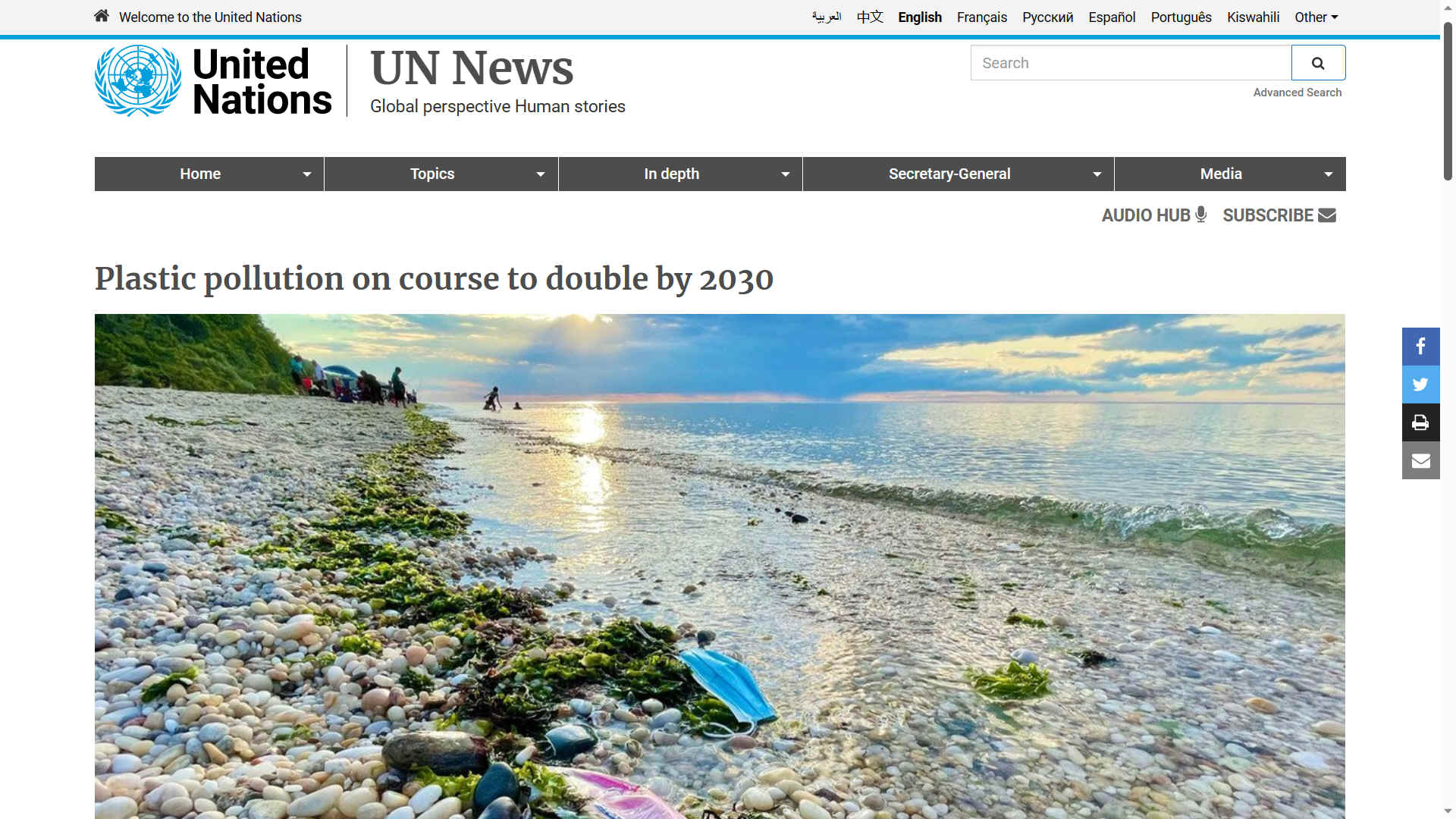|
W H A T I S P U R P L E G R O W T H ?
PLEASE USE OUR A-Z INDEX TO NAVIGATE THIS SITE OR SEE OUR HOMEPAGE
HANDOVER CEREMONY - Alberto Laplaine Guimarães is presented with a gift of maritime art from the children of Burgas and Ruska Boyadzhieva. Alberto is the Secretary General of Lisbon City Council and Ruska the Deputy Mayor of Burgas, Bulgaria. Bulgaria reinforced their commitment to blue growth in a ministerial statement to conclude this superb event for which the City of Burgas should be rightly proud. Copyright © photograph June 1 2018 Cleaner Ocean Foundation.
Purple Growth, or the purple economy encompasses care activities and services, such as education, health, women empowerment, and communication. Clearly, there is purple regression in the UK at least. A bit of a shambles, linked to Government borrowing, that is now trying to pay back interest on debts that would not exist, but for boastful election promises and marked underperformance from ministers and policy makers. Some of which have second jobs taking time from their ministerial and administrative duties. And actually not doing anything at all when working from home.
UNEP REPORT OCTOBER 2021 - Plastic pollution in our oceans is set to double by 2030, with recycling not enough (we told you so) and global cooperation needed (we told you so again). Don't let the politician spin doctors protract enacting a solution any longer. If shoppers were to boycott plastic wrapped products, apart from the fact they may starve, supermarket suppliers would be forced to switch to paper, glass and metal packaging - or face bankruptcy. The fact politicians allow them to continue as they are tells us that it is the policy makers who are to blame. And, they like it as it is, lots of money for them, backhanders (dividends) or not, taxes as income from plastic products is akin to procurement fraud - for any government involved.
WHAT IS THE PURPLE ECONOMY ?
The purple economy is a multidisciplinary approach to economics that encompasses a diverse array of key social issues that
should improve everyone’s quality of life. This includes care activities and services, such as education,
healthcare. It champions the interests of vulnerable groups like children, the elderly, and people with disabilities.
Sadly, the reality is that Governments have been raiding NHS piggy banks for over 30 years, to pay back interest on borrowings that the public would never have agreed to, had they known what was going on. The almost total lack of transparency being the embers of corruption, now fanned to flames of discontent.
THE ENEMIES OF PURPLE GROWTH
At the moment the common enemies of purple growth are government corruption, where National Insurance taxes have been misspent, with procurement fraud a major issue. Especially with a corrupt Prime Ministers like Boris Johnson at the helm, lack of accountability and a Cabinet of chums, that eventually deserted the sinking ship, when the PartyGate scandal finally found its mark. But that departure is no cure, for years of mismanagement of our National Health Services.
DENTISTS
The NHS dentists scandal in the UK is a serious issue that affects millions of people who are unable to access affordable dental care. According to a BBC investigation, nine in 10 NHS dental practices across the UK are not accepting new adult patients for treatment under the health service. In some areas, there are no dentists taking on adult NHS patients at all, and people have to drive hundreds of miles or resort to DIY dentistry to deal with their dental problems.
NHS PRIVATISATION VIA THE BACKDOOR
At the moment, there is an, alleged, move to privatization of the NHS in the UK, though, monies paid in over many years, entitling the payees to treatment, will not be refunded - in respect of the deemed Breach of Contract. It's more Margaret Thatcher, than Margaret Thatcher.
The NHS waiting lists scandal in the UK is a serious issue that affects millions of people who are unable to access timely and adequate health care. According to the latest data from NHS England, the total number of people waiting for routine operations and procedures in England reached a record high of 7.75 million in August 2023. This is more than double the number of people who were waiting in February 2020, before the Covid-19 pandemic. Among those waiting, more than 3 million have been waiting for more than 18 weeks, which is the target set by the NHS
constitution. More than 383,000 have been waiting for more than a year, which is the highest figure since records began in 2007.
PURPLE GROWTH STRATEGY
Purple growth includes hospitals, the pharmaceutical industry, the medical supply sector as well as providers of medical equipment, both diagnostic and biomedical. This involves workers with varying degrees of specialization. In the clinical context, this includes doctors, nurses, interns, and other medical workers. It also involves the people who provide personal care assistance as well as other workers in health services and personal care sectors. Sick people are also included in this group as are people with disabilities, and the elderly. This is a broad and inclusive category as it applies to everyone as everyone avails themselves of some kind of health-related service at some point in their lives. The purple economy is primarily concerned with SDG GOAL 3: Good Health and Well-being.
There appears to be no strategy to improve healthcare. Just a system in meltdown, with ministers being appointed who don't seem to have a clue as to what they are doing. Presumably, their agenda is to accelerate the deaths of those who should have had medical treatment, by not providing forward operations or other procedures. As a method of reducing waiting lists. But, when it comes to children and dental treatment, how will they reconcile those shortcomings. Will there be an avalanche of claims against the British Government, since children will not just die, to limit claims. But have their whole lives ahead of them to realise compensation.
#HORIZON EU MISSIONS 2030
PLEASE USE OUR A-Z INDEX TO NAVIGATE THIS SITE OR SEE OUR HOMEPAGE
Copyright © Cleaner Oceans Foundation Ltd (COFL) (Company No: 4674774) January 2024. Solar Studios, BN271RF, United Kingdom. COFL is a charity without share capital.
|


